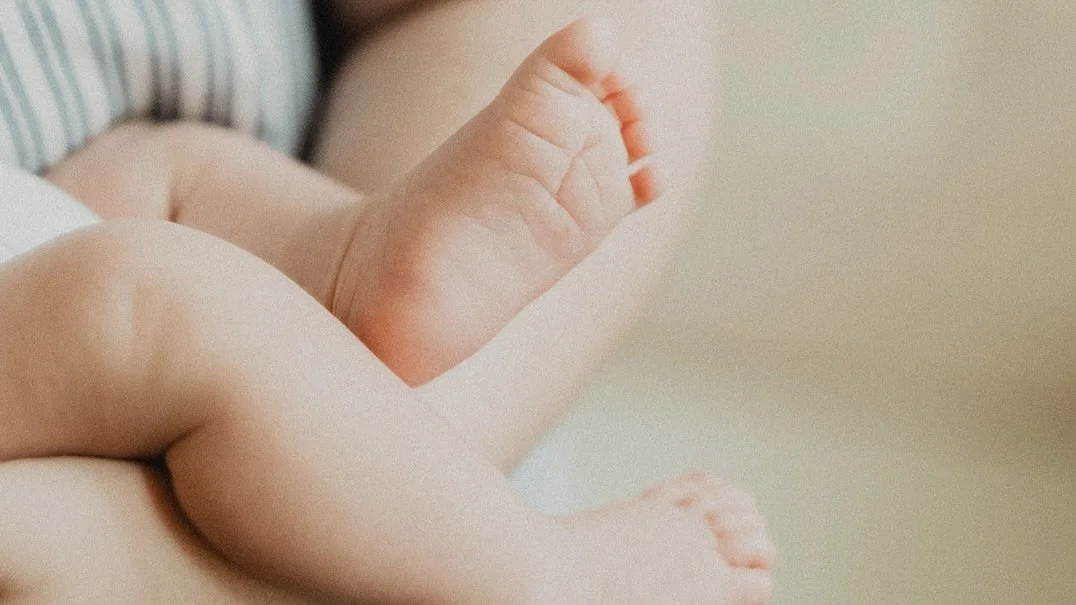5 Pelvic Floor Tips Every Pregnant and Postpartum Mom Needs to Know
Whether you’re expecting your first baby, navigating early postpartum recovery, or several years into motherhood, your pelvic floor health matters. At Klein Physical Therapy, in Denver Colorado, we believe that women deserve expert, compassionate care that honors the whole body, not just symptoms.
Here are five essential pelvic floor tips every mom should know, because thriving, not just surviving, is the goal.
1. Leaking Is Common, But Not Normal
If you’re experiencing bladder or bowel leakage, or even trouble controlling gas, it’s a sign of pelvic floor dysfunction. This can happen during everyday activities like coughing, sneezing, laughing, jumping, or working out.
Here’s the good news: leaking is treatable. You don’t have to live with it or chalk it up to “just part of having kids.” Through targeted pelvic floor therapy, we can help you restore control and confidence, without pads or surgery.
2. Pain With Intimacy Is a Warning Sign
If you’re having pain during intimacy, discomfort with penetration, or a sense that “something just isn’t right,” your pelvic floor may need support. This can show up right after birth or even years later.
These symptoms are common but absolutely treatable. You deserve to feel safe, connected, and comfortable in your body. With a personalized treatment plan, we’ll work together to address the underlying issues and help you reclaim comfort and intimacy.
3. That “Heavy” Feeling Down There, Might Be Pelvic Organ Prolapse
A sense of heaviness, bulging, or dragging in the pelvic area could be a sign of pelvic organ prolapse. It often feels worse at the end of the day or during physical activity, and many moms describe it as a “falling out” sensation.
Prolapse is manageable and you don’t have to stop doing the things you love like running, hiking, or carrying your little ones. At Klein Physical Therapy, we’ll guide you with specific exercises and education specific to you, to help you safely support your body.
4. Hip, Tailbone, or Back Pain That Won’t Go Away? It Could Be Pelvic Floor Related
If you’ve been dealing with chronic low back pain, tailbone pain, or hip pain that hasn’t responded to traditional treatments, your pelvic floor might be the culprit.
The pelvic floor connects with your entire core and spine, so when it’s not functioning well, your whole body feels it. We specialize in identifying these connections and helping you find lasting relief, not just short term fixes.
5. “Waiting It Out” Isn’t a Treatment Plan
We know moms are often told to “give it time” but research shows that if symptoms like leaking, pain, or heaviness aren’t resolving within 6 to 12 weeks postpartum, they’re unlikely to go away on their own.
Your body deserves support, not silence. Kegels alone are not a treatment plan, and won’t fix deep pelvic dysfunction. We’re here to provide real solutions tailored to your body, your goals, and your life.
Most importantly: your health matters. You are not selfish for seeking care, you are wise, brave, and worthy.
Ready to Feel Like Yourself Again?
At Klein Physical Therapy, we offer gentle, hands on, whole body care to support your healing journey through pregnancy, postpartum, and beyond. Whether you’re a new mom or years into motherhood, we’re here for you every step of the way.
Book your consultation today and take the first step toward achieving lasting results and rediscovering your best self.
Curious about what pelvic floor physical therapy really involves? These recent blog posts offer a deeper look into how it can support your health:
Why Every Woman Should Know About Pelvic Floor Therapy - Even If You’re Not Postpartum
Postpartum Pelvic Floor Rehabilitation
Understanding Pelvic Floor Dysfunction: Signs, Symptoms, and Solutions

